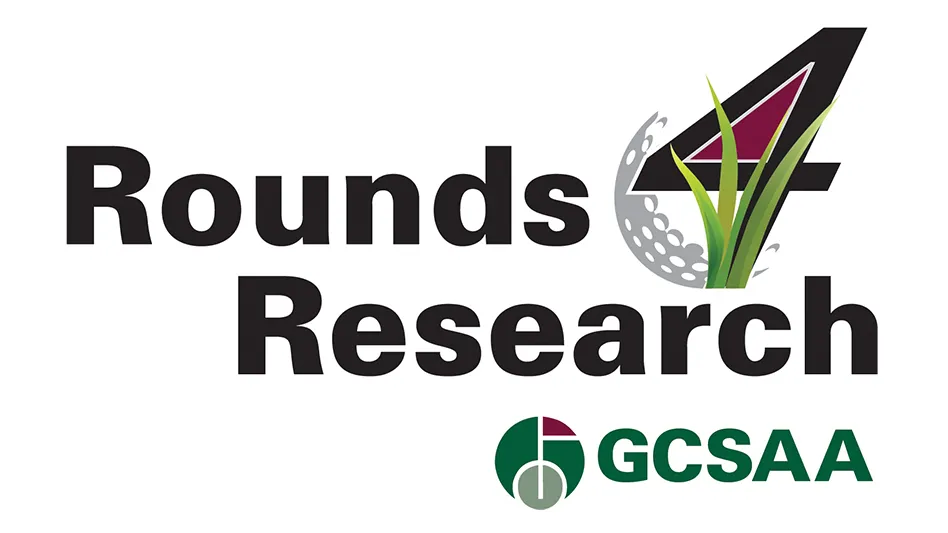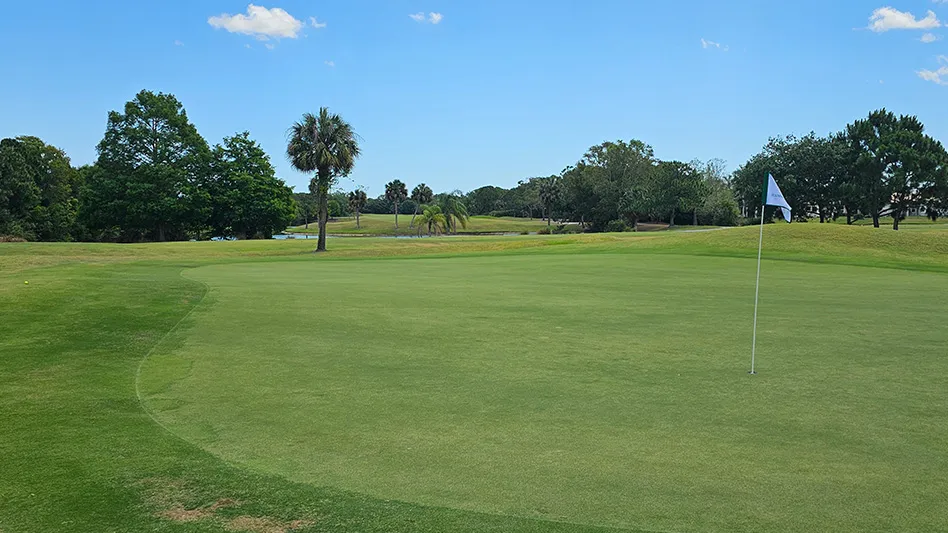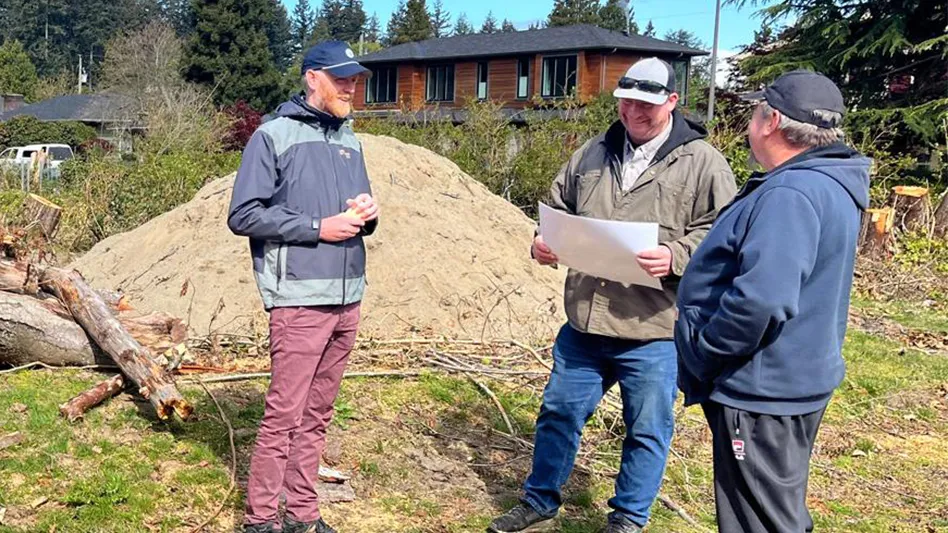
 |
When dealing with unpredictable weather conditions and heavy foot traffic, golf course superintendents know durable turf growth is necessary to meet golfers' playing surface needs and asthetic expectations.
The 50 percent potassium (K) in Protassium+ helps build resilient turf. Additionally, Protassium+ has 17 percent sulfate sulfur that is vital to turfgrass and contributes to root growth, photosynthesis, boosting a plant's ability to resist temperature stress and more. A lack of sulfur may result in yellowing, delayed growth and maturity in turfgrass.
However, golf course superintendents must give serious consideration to the source of potassium. The high potassium and sulfur analysis and low levels of chloride make Protassium+ the most efficient source of potash for turf.
In contrast, other potassium fertilizers contain high levels of salts such as chloride. Potassium and associated ions can increase soil salinity issues on irrigated sandy soils in arid regions or in regions undergoing prolonged drought periods. These soild condition can lead to turf burn.
Sulfate of potash (SOP) based K fertilizers that provide high potassium without contributing to already high and potentially damaging salinity levels. Protassium+, for example, an SOP (0-0-50-17S) K source, has a lower salinity index [with less than one percent chloride] compared to muriate of potash (MOP) [containing 47 percent chloride].
.jpg) |
The low salt index in Protassium+ makes it safe for golf courses, parks and high-traffic grounds. Protassium+ has the lowest salt index per unit of K of any major potassium fertilizer.
Compared to other potassium fertilizers, Protassium+ has virtually no chloride. With a low salinity index, it helps maintain the appearance of turf while protecting your maintenance budget during dry conditions.
CLICK HERE for more information about Protassium+ for turf.





